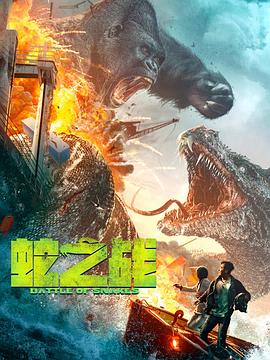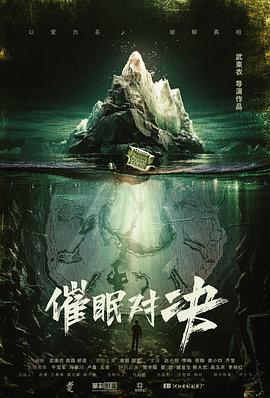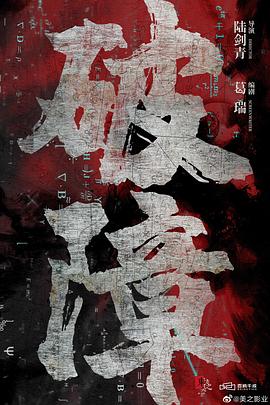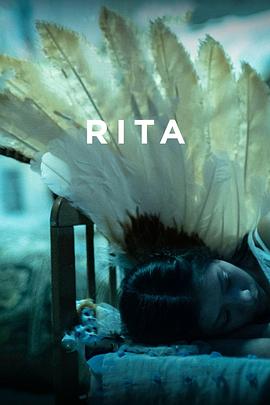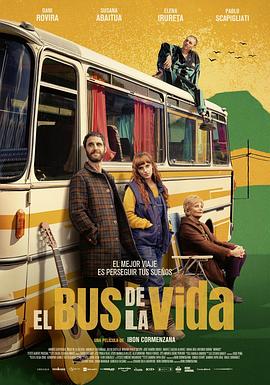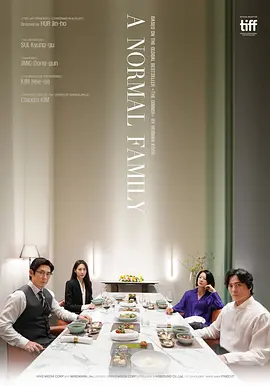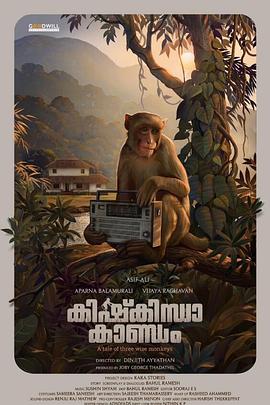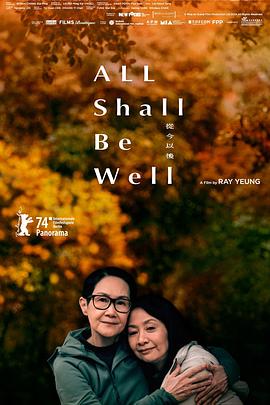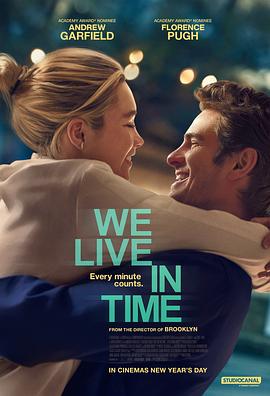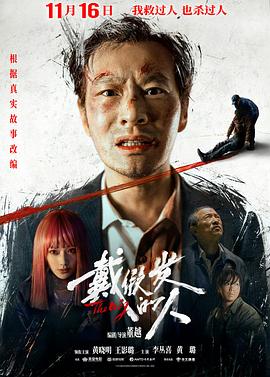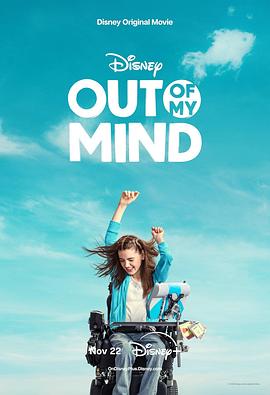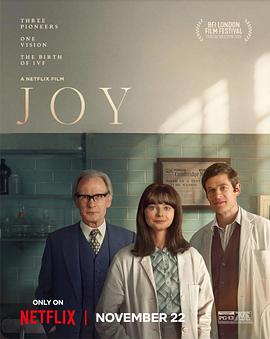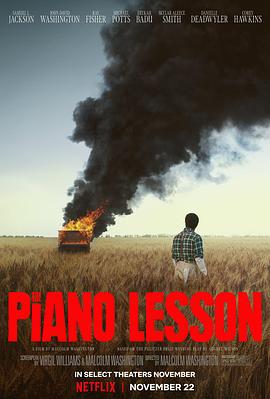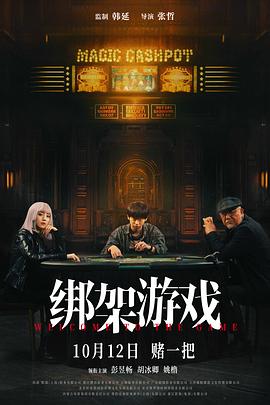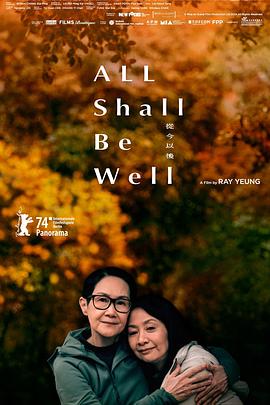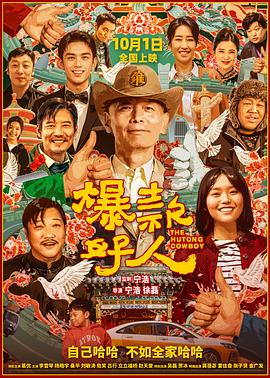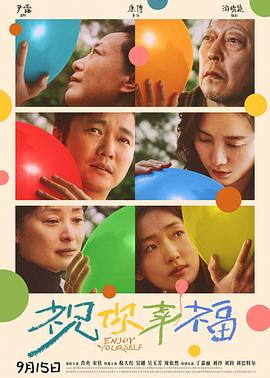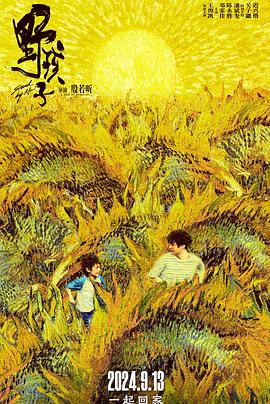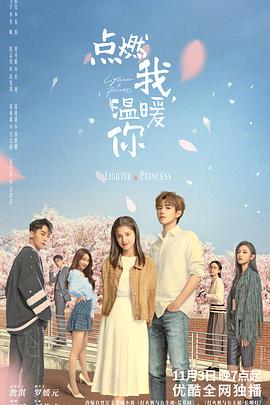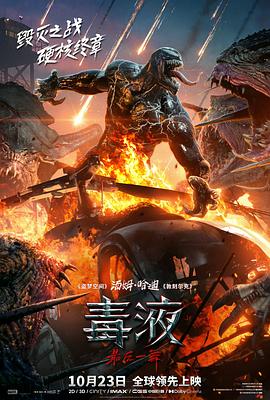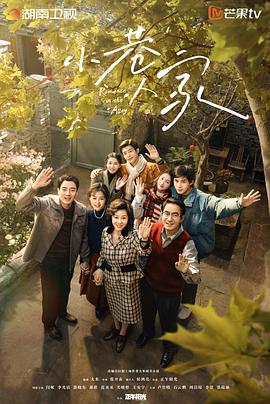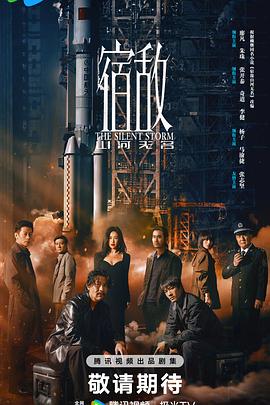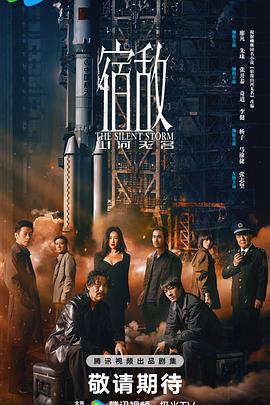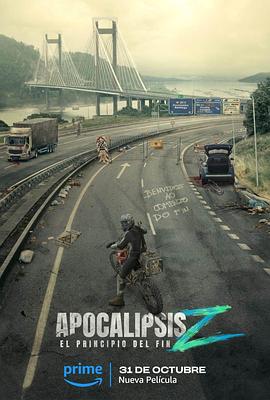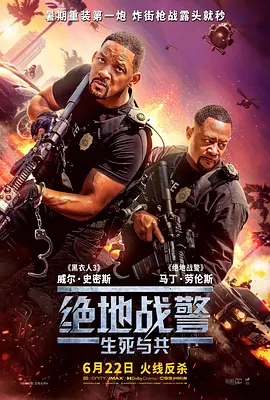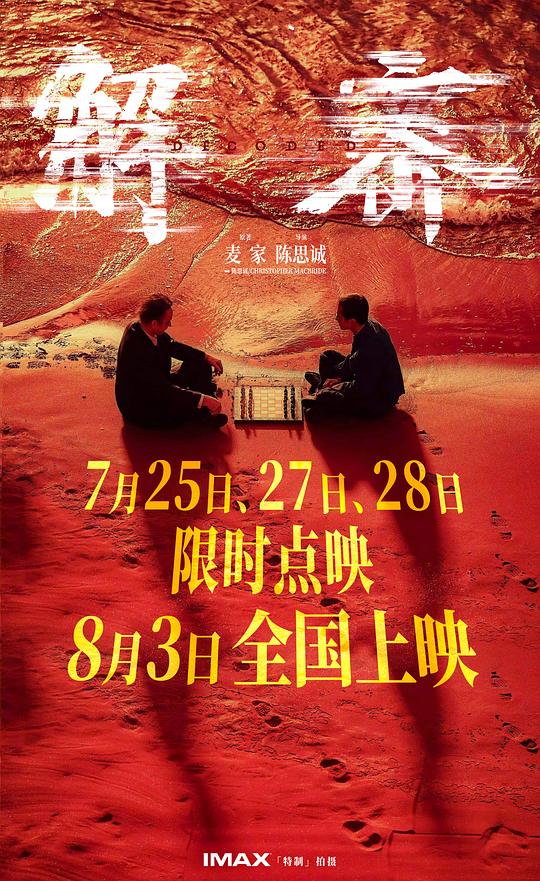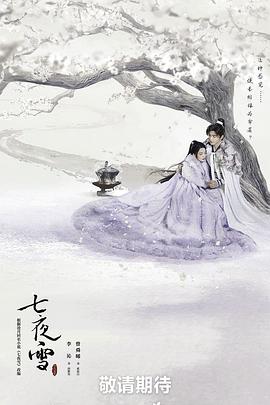剧情:
Somewhere in the remote region, the war ends. In the midst of ruined cities and houses in the streets, in rural hamlets, everywhere where people still live, are children who have lost their homes and parents. Abandoned, hungry, and in rags, defenseless and humiliated, they wander through the world. Hunger drives them. Little streams of orphans merge into a river which rushes forward and submerges everything in its path. The children do not know any feeling; they know only the world of their enemies. They fight, steal, struggle for a mouthful of food, and violence is merely a means to get it. A gang led by Cahoun finds a refuge in an abandoned castle and encounters an old composer who has voluntarily retired into solitude from a world of hatred, treason, and crime. How can they find a common ground, how can they become mutual friends? The castle becomes their hiding place but possibly it will also be their first home which they may organize and must defend. But even for this, the price will be very high. To this simple story, the journalist, writer, poet, scriptwriter, movie director, and film theoretician Béla Balázs applied many years of experience. He and the director Géza Radványi created a work which opened a new postwar chapter in Hungarian film. Surprisingly, this film has not lost any of its impact over the years, especially on a profound philosophical level. That is to say, it is not merely a movie about war; it is not important in what location and in what period of time it takes place. It is a story outside of time about the joyless fate of children who pay dearly for the cruel war games of adults. At the time it was premiered, the movie was enthusiastically received by the critics. The main roles were taken by streetwise boys of a children's group who created their roles improvisationally in close contact with a few professional actors, and in the children's acting their own fresh experience of war's turmoil appears to be reflected. At the same time, their performance fits admirably into the mosaic of a very complex movie language. Balázs's influence revealed itself, above all, in the introductory sequences: an air raid on an amusement park, seen in a montage of dramatic situations evoking the last spasms of war, where, undoubtedly, we discern the influence of classical Soviet cinematography. Shooting, the boy's escape, the locomotive's wheels, the shadows of soldiers with submachine guns, the sound of a whistle—the images are linked together in abrupt sequences in which varying shots and expressive sharp sounds are emphasized. A perfectly planned screenplay avoided all elements of sentimentality, time-worn stereotypes of wronged children, romanticism and cheap simplification. The authors succeeded in bridging the perilous dramatic abyss of the metamorphosis of a children's community. Their telling of the story (the scene of pillaging, the assault on the castle, etc) independently introduced some neorealist elements which, at that time, were being propagated in Italy by De Sica, Rossellini, and other film artists. The rebukes of contemporary critics, who called attention to "formalism for its own sake" have been forgotten. The masterly art of cameraman Barnabás Hegyi gives vitality to the poetic images. His angle shots of the children, his composition of scenes in the castle interior, are a living document of the times, and underline the atmosphere and the characters of the protagonists. The success of the picture was also enhanced by the musical art of composer Dénes Buday who, in tense situations, inserted the theme of the Marseilaise into the movie's structure, as a motive of community unification, as an expression of friendship and the possibility of understanding. Valahol Europaban is the first significant postwar Hungarian film. It originated in a relaxed atmosphere, replete with joy and euphoria, and it includes these elements in order to demonstrate the strength of humanism, tolerance, and friendship. It represents a general condemnation of war anywhere in the world, in any form.收起
相关影片
2025剧情片大陆
HD
2025剧情片中国大陆
HD
2024剧情片危地马拉
HD
2024剧情片西班牙
丹尼·罗维拉 苏珊娜·阿巴图纳·戈麦斯 Julen Castillo Miriam Rubio Pablo Scapigliati Javier Tolosa 埃莱娜·伊鲁雷塔 安东尼奥·杜兰·莫里斯 Amancay Gaztaaga Araia Díaz Anartz Zuazua Iigo de la Iglesia Miren Gaztaaga Karmele Larrinaga 何塞·拉蒙·索罗兹 Nagore Aranburu 安德烈斯·赫尔德鲁迪克斯 Simón Fuchs Martin
安德烈斯是一名在马德里工作的音乐老师,他不得不搬到巴斯克镇,在一所高中担任代课老师。他已经 40 多岁了,但一直没有克服舞台恐惧,他觉得新生活正在使他远离成为音乐家的梦想。当他到达那里时,在上学的第一
HD
2024剧情片韩国
HD
2024剧情片香港
HD
2024剧情片英国
安德鲁·加菲尔德 弗洛伦丝·皮尤 亚当·詹姆斯 伊芙·海因德 玛拉马·科利特 格蕾丝·莫洛尼 吉安尼·卡尔切蒂 希瑟·克兰妮 尼基尔·帕尔玛 Laura Guest Kevin Brewer Gabriel Robinson Daniel Bowerbank Roe Haven Megan Haly Emilija Senavaityte Robert Eames Lee Braithwaite Kara Lynch Karen Smyth
阿尔穆特(弗洛伦斯·普)和托比亚斯(安德鲁·加菲尔德)在一次意外邂逅中走到一起,改变了他们的生活。 在影片导演约翰·克劳利这部跨越十年、感人至深的浪漫爱情片中,当他们踏上一条受时间限制挑战的道路时
HD
2024剧情片大陆
HD
2024剧情片美国
Phoebe-Rae Taylor 卢克·柯比 艾米丽·米切尔 罗丝玛丽·德薇特 朱迪斯·赖特 尼兰·帕尔西潘 Elena Liu Hung Abbey Jackson Zander Colbeck-Bhola Pip McCallan Sharron Matthews Cristiano Buchanan Paulyne Wei 玛丽亚·纳什 Gabriela Francis 考特尼·泰勒 凯瑟琳·麦克纳利 金·赫夫曼 Shaun Shetty Vicki Kim
Unlike most people, Melody cannot walk or talk, but she is smarter than most of the adults who try
HD
2024剧情片英国
HD
2024剧情片美国
HD
2024剧情片中国大陆
HD
正在热播
更多2024国产剧大陆
更新至13集
更新至20241125
2024喜剧片大陆
高清
2024喜剧片大陆
HD
2024剧情片大陆
HD
2024剧情片中国大陆
HD
2022国产剧大陆
已完结
2024科幻片美国
TC
2024国产剧大陆
已完结
2024国产剧大陆
全40集
2024国产剧中国大陆
已完结
2024国产剧大陆
已完结
2024科幻片西班牙
何塞·马利亚·亚兹皮克 贝塔·巴斯克斯 伊里娅·德尔·里奥 Francisco Ortiz Jesús Lloveras Sergio Crespo Ali Boulabiar Mouad Ghazouan Elena Seijo Marta Poveda Ana Garcia Molero Paloma Otero Beka Lemonjava Alberto Ladrón de Guevara Yuri Mykhaylychenko Hicham Malayo Arántzazu Ruiz María
一种类似狂犬病的疾病在全球传播开来,将感染者变成极具攻击性的生物。马内尔带着他的猫躲在家中,凭借他的智慧生存下来。很快,他们将不得不外出觅食,寻找陆地和海上的安全之所。《天启Z:完结的起点》是一个
HD
2024动作片美国
威尔·史密斯 马丁·劳伦斯 亚历山大·路德韦格 凡妮莎·哈金斯 埃里克·迪恩 葆拉·努涅斯 蕾亚·塞洪 塔莎·史密斯 乔·潘托里亚诺 艾恩·格拉法德 梅兰妮·利伯德 珍娜·凯内尔 雅各布·西皮奥 德里克·罗素 Gabriel 'G-Rod' Rodriguez Fatima Quinn Hemphill Jaxon A. Compas 克里斯托弗·科克 Jewelianna Ramos-Orti
昔日警局局长遭重磅爆料,竟与贩毒集团暗中勾结?明星警探麦克·劳瑞(威尔·史密斯 饰)和马库斯·伯纳特(马丁·劳伦斯 饰)惨遭背刺,一夜从吃瓜群众沦为全美通缉犯!“怨种兄弟”为查明真相被迫重出江湖,迎
HD中字
2024剧情片大陆
HD

